2018.03.20 16:00 - 18:00
-
-
-
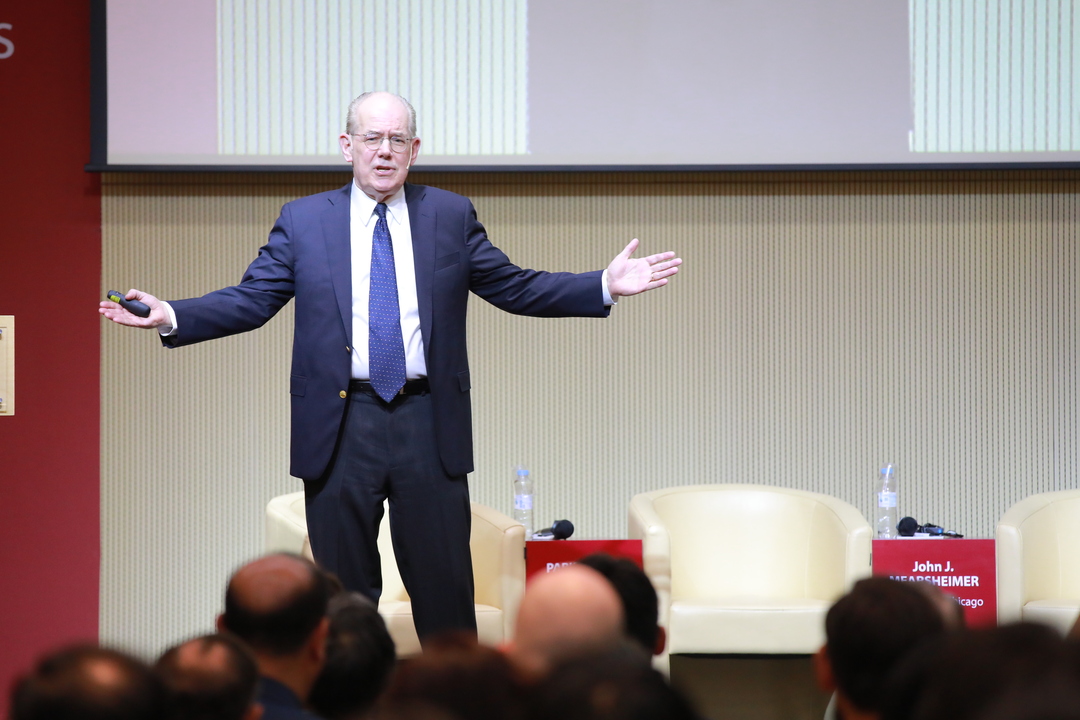
[CLS 32] Prof. John J. Mearsheimer
#China
#Korea-US Relations
#Rise of China
#Korean Peninsula
#North Korea's Nuclear Program
-
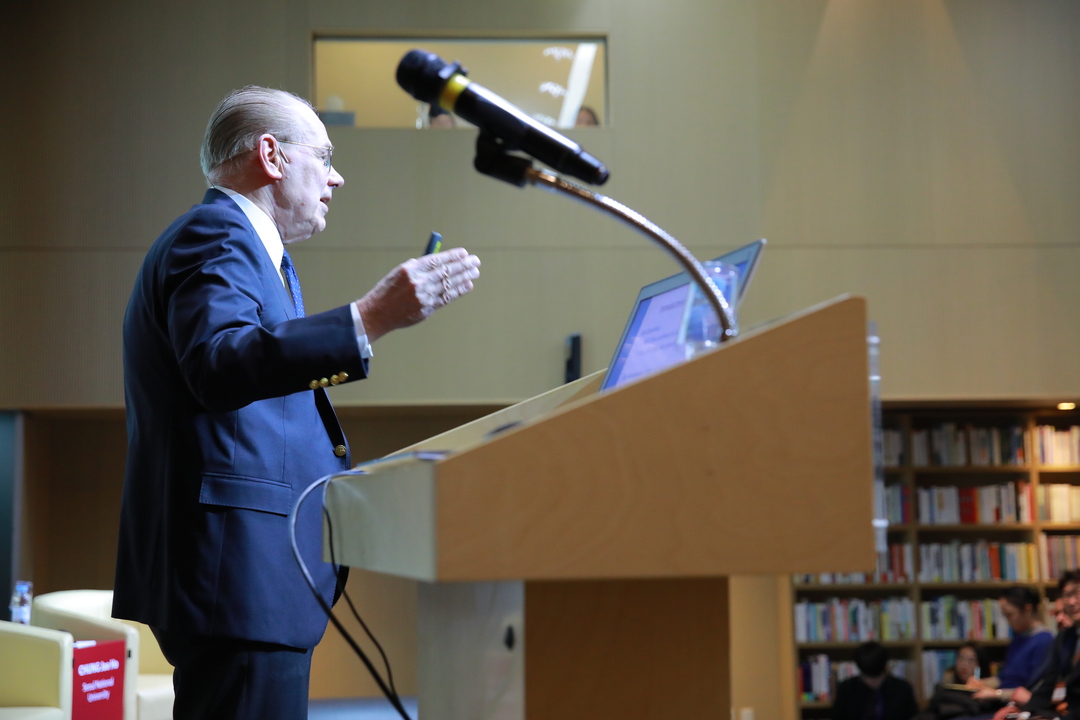
[CLS 32] Prof. John J. Mearsheimer
#China
#Korea-US Relations
#Rise of China
#Korean Peninsula
#North Korea's Nuclear Program
-
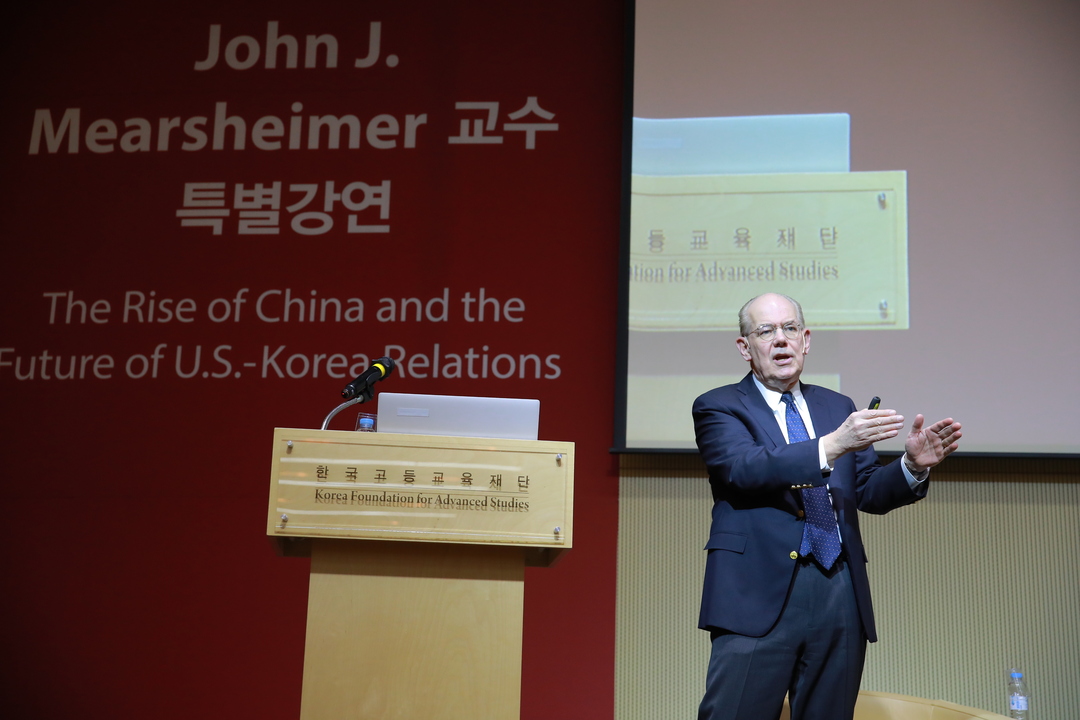
[CLS 32] Prof. John J. Mearsheimer
#China
#Korea-US Relations
#Rise of China
#Korean Peninsula
#North Korea's Nuclear Program
-
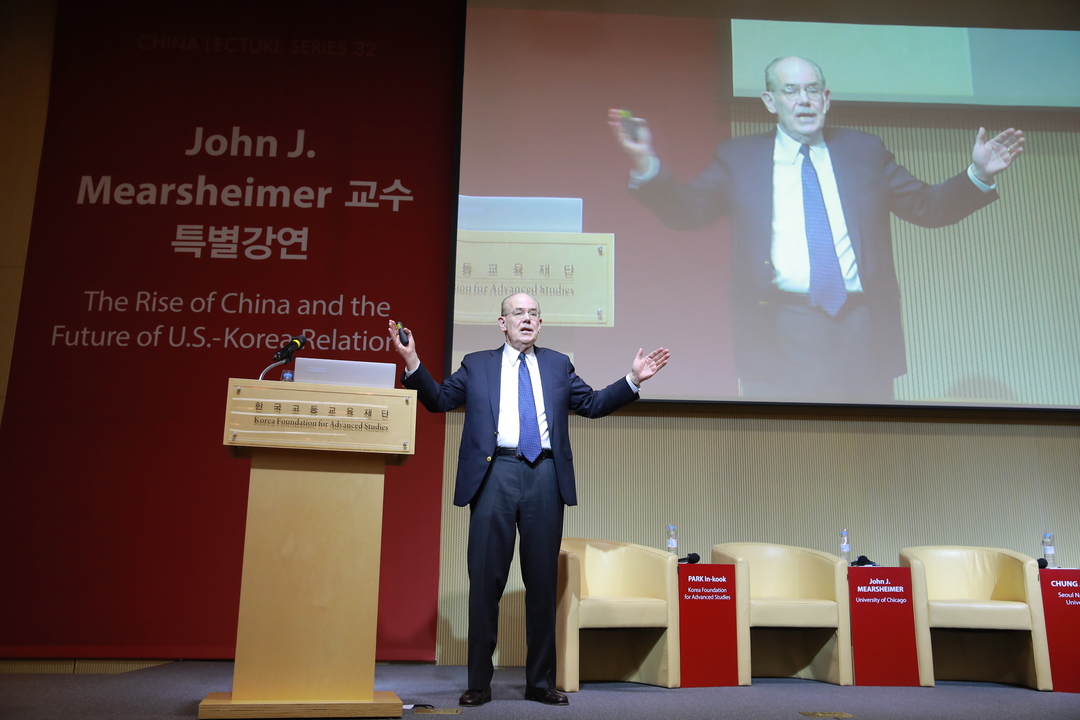
[CLS 32] Prof. John J. Mearsheimer
#China
#Korea-US Relations
#Rise of China
#Korean Peninsula
#North Korea's Nuclear Program
-
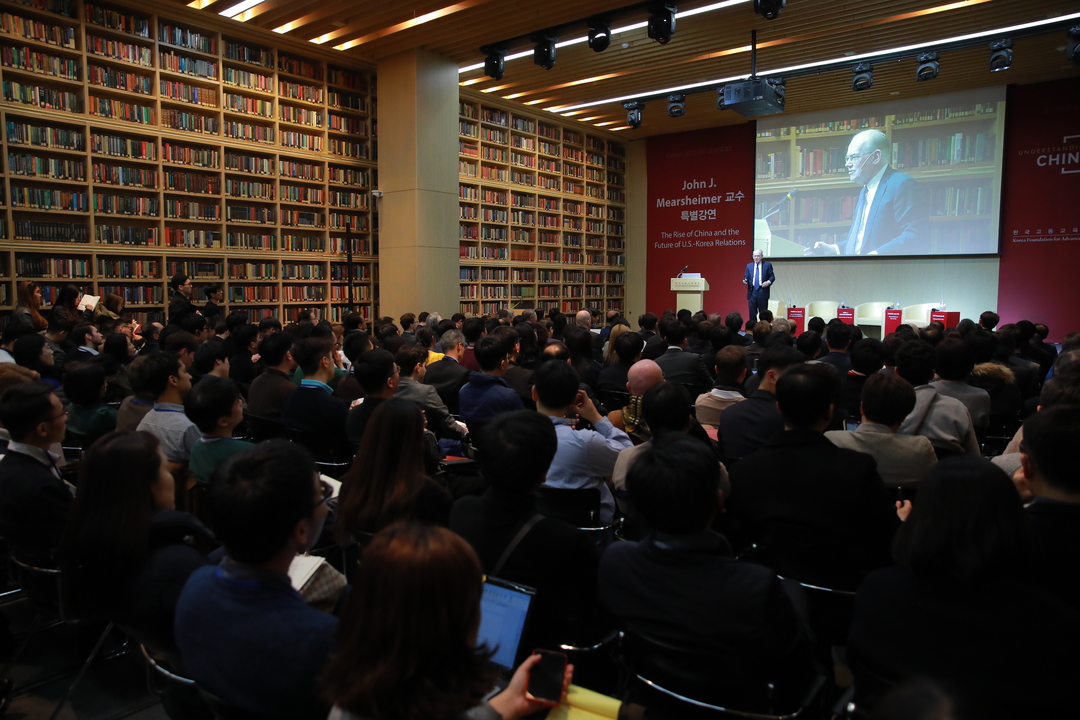
[CLS 32] Prof. John J. Mearsheimer
#China
#Korea-US Relations
#Rise of China
#Korean Peninsula
#North Korea's Nuclear Program
-
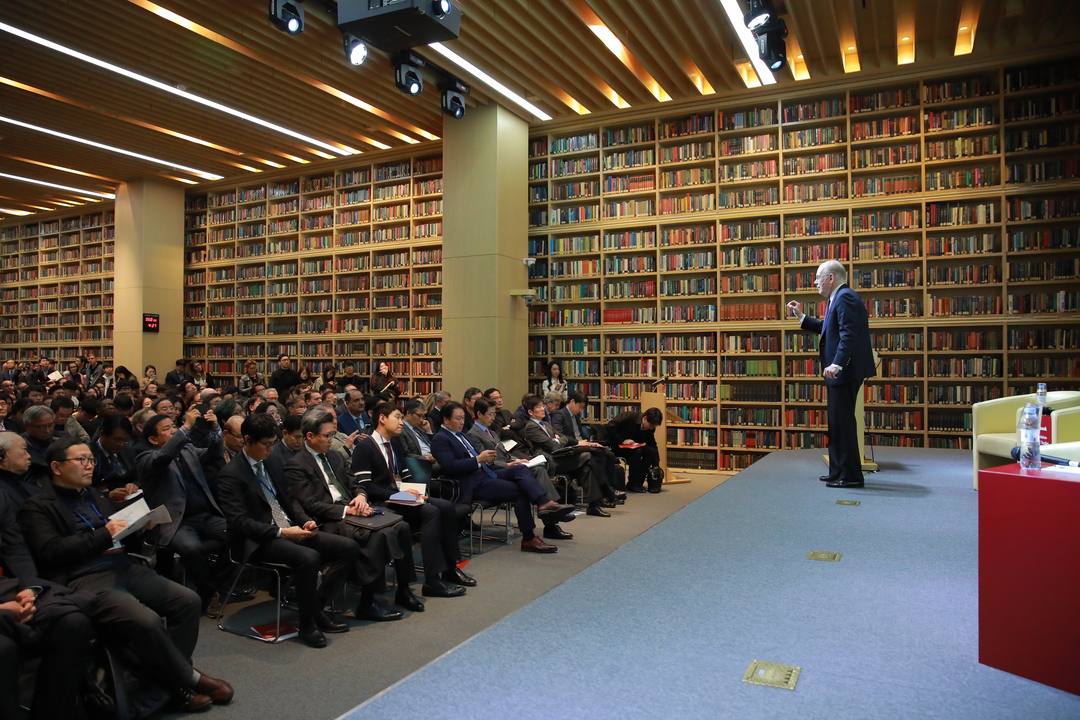
[CLS 32] Prof. John J. Mearsheimer
#China
#Korea-US Relations
#Rise of China
#Korean Peninsula
#North Korea's Nuclear Program
-
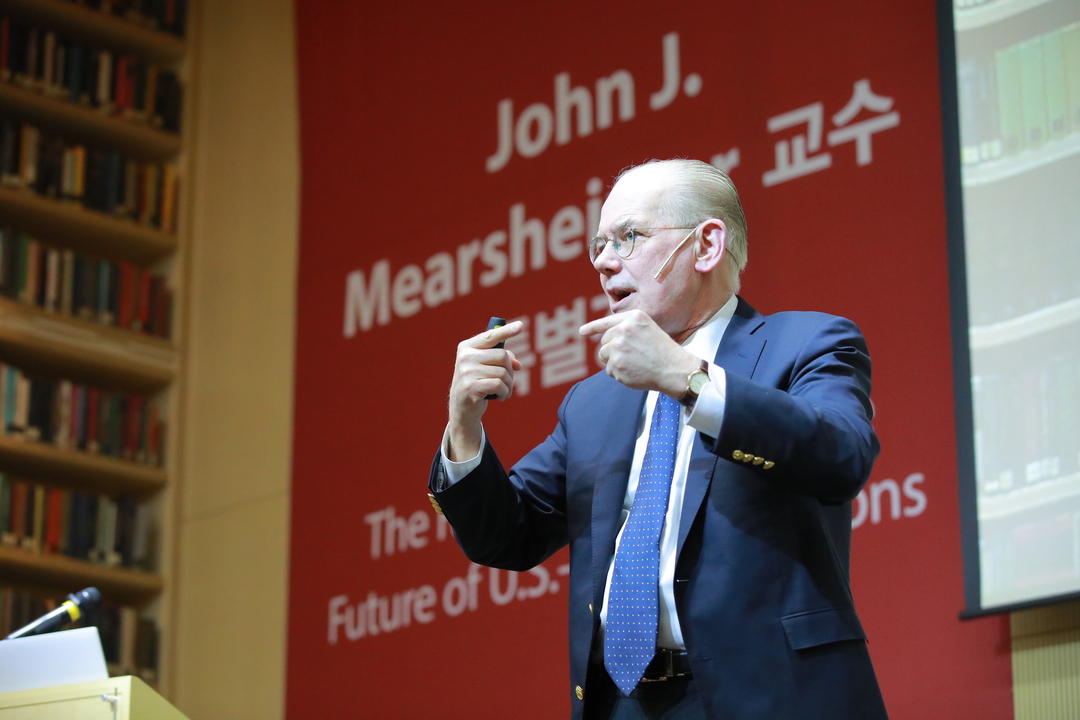
[CLS 32] Prof. John J. Mearsheimer
#China
#Korea-US Relations
#Rise of China
#Korean Peninsula
#North Korea's Nuclear Program
-
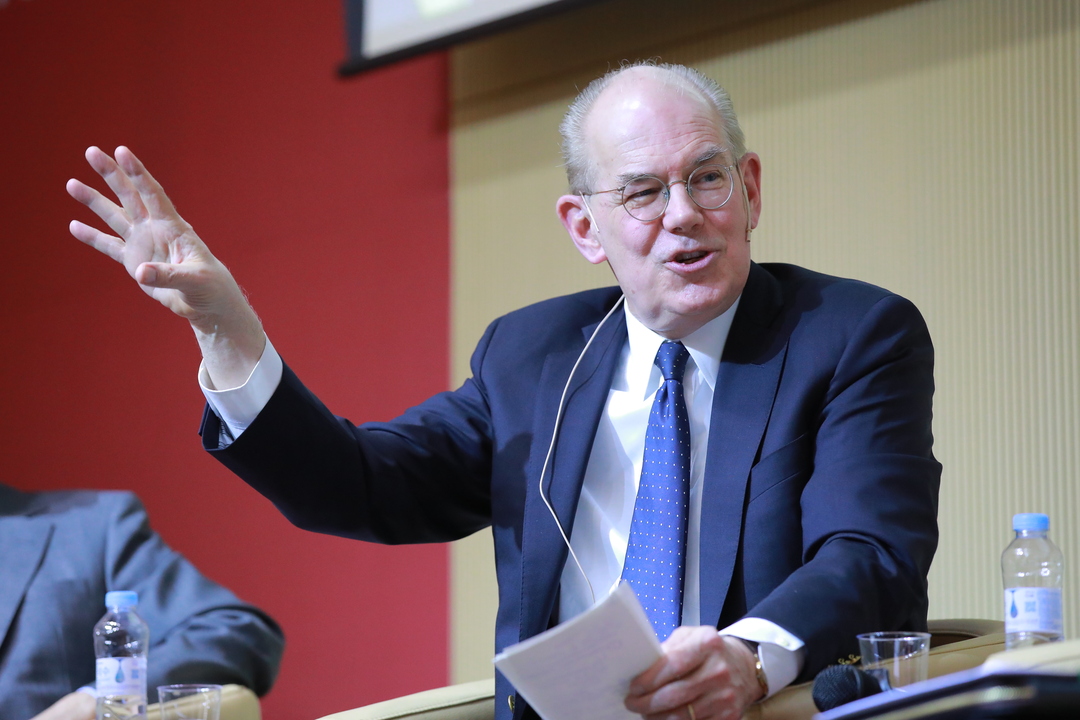
[CLS 32] Prof. John J. Mearsheimer
#China
#Korea-US Relations
#Rise of China
#Korean Peninsula
#North Korea's Nuclear Program
-
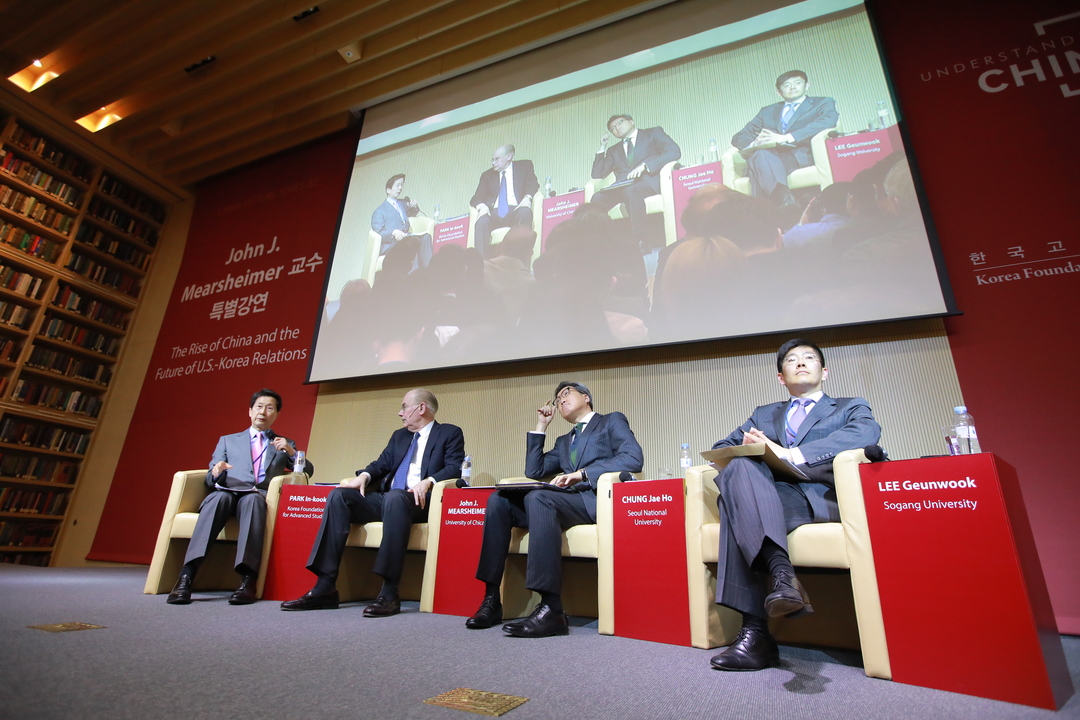
[CLS 32] Discussion
#China
#Korea-US Relations
#Rise of China
#Korean Peninsula
#North Korea's Nuclear Program
Korea Foundation for Advanced Studies (KFAS) invited Prof. John J. Mearsheimer of the University of Chicago to give a lecture on “The Rise of China and the Future of U.S.-Korea Relations” on March 20th as the 32nd lecture in the KFAS China Lecture Series. Based on his strong theoretical background, Prof. Mearsheimer introduced his view on the future of the U.S.-China and U.S.-Korea relations to some six hundred audience gathered at the KFAS Conference Hall in Seoul.
Before laying out his view on the rise of China, Prof. Mearsheimer first introduced his theory of great power politics. The basic assumptions upon which his theory is based are that since the international system is an anarchic one with no higher authority to put in order, states strive to be as big and powerful as possible for their principal goal of survival. Once a state becomes a great power, it seeks to become a regional hegemon which allows no peer competitor – no other regional hegemon in other regions. He claimed that his theory corresponds to the history of American foreign policy, which illustrates that the U.S. has gone to great lengths to conquer lands and maximize its influence in the Western Hemisphere. He also argued that the U.S. entered World War Ⅰ and World War Ⅱ in order to curb the rise of peer competitors, such as Nazi Germany and Imperial Japan.
Prof. Mearsheimer asserted that if China continues to grow, it will try to dominate Asia just as the U.S. has dominated the Western Hemisphere. He claimed that China’s rise will not be peaceful not because China is inherently a malign country but because it is the nature of great powers to seek regional hegemony. In response, the U.S. will try to form a balancing coalition against China together with China’s neighbors, including South Korea. This, in turn, will lead to an intense security competition in this region, raising the possibility of war.
Furthermore, Prof. Mearsheimer stated that North Korea will never give up its nuclear weapons and unification of the two Koreas is not feasible in the foreseeable future. As the Korean peninsula becomes one of the major flash points in Asia, South Korea will find it more and more difficult to maneuver among the great powers. He cautiously predicted that if China ends up dominating Asia, South Korea will likely end up bandwagoning with China and may even be degraded to a semi-sovereign state.
John J. Mearsheimer, CHUNG Jae Ho, LEE Geunwook